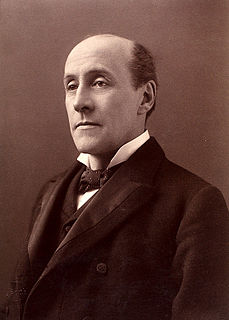A Quote by George Berkeley
He who says there is no such thing as an honest man, you may be sure is himself a knave.
Related Quotes
Nothing more completely baffles one who is full of trick and duplicity than straigthforward and simple integrity in another. A knave would rather quarrel with a brother knave than with a fool, but he would rather avoid a quarrel with one honest man than with both. He can combat a fool by management and address, and he can conquer a knave by temptations. But the honest man is neither to be bamboozled nor bribed.
A man's true greatness lies in the consciousness of an honest purpose in life, founded on a just estimate of himself and everything else, on frequent self-examinations, and a steady obedience to the rule which he knows to be right, without troubling himself about what others may think or say, or whether they do or do not that which he thinks and says and does.
Liz, I like you very much," he says. "Oh," she says, "I like you very much, too!" Owen is not sure if she means "O" for Owen, or just plan "Oh." He is not sure what difference it would make in either case. He feels the needs to clarify. "When I said 'I like you very much,' I actually meant 'I love you.'" "O," she says, "I actually meant the same thing." She closes the car door behind her. "Well," he says to himself, driving back to his apartment, "isn't that something?







































